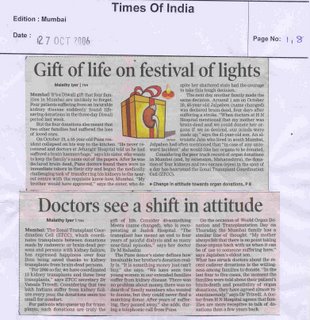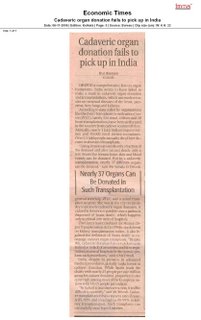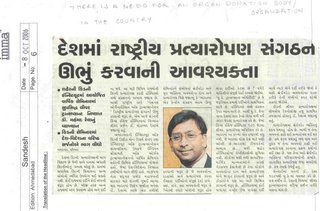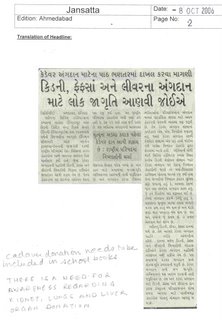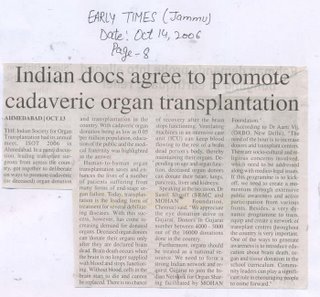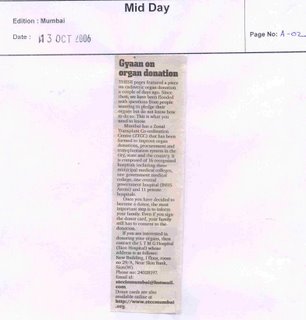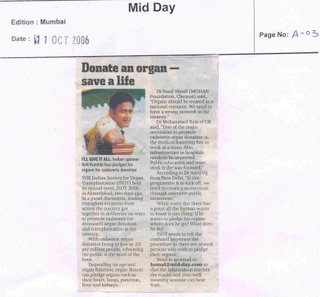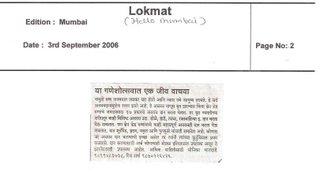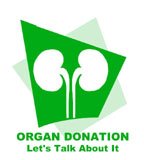By Vineetha MokkilWhen sixty-year-old Suresh Deshpande (name changed on request) decided he would like to donate his organs for transplant after his death, he was confused about the procedure he would have to follow. Many people who are considering cadaver organ donation may have found themselves in a similar predicament.
“It is vital to understand the concepts of cadaver transplantation and brain death,” says Dr Farrokh Wadia, honourary trustee, Zonal Transplantation Coordination Committee (ZTCC), Pune. If the healthy organs of a person who has been certified as brain dead is transplanted into a patient’s body within a specific window of time, the transplant can provide the patient of end stage organ disease the precious gift of life. According to the Transplantation of Human Organs Act, 1994, a patient is certified as brain dead only after stringent tests by a team of accredited specialists.
“Cadaver organ donation can save the lives of thousands of patients in the country who are waiting for organ transplants,” says Rohini Sahasrabudhe, member, ZTCC, Pune. While live donors are the main source of organ donation in India, the percentage of cadaver organ donation is a meagre 0.05 per million population. In Pune, only 45 cadaveric kidneys have been transplanted since 1997. Currently, there are around 130 wait-listed patients on the ZTCC Pune central waiting list.
“Low public awareness levels and the lack of coordination between medical professionals and social workers are responsible for the low response to cadaver organ donation,” says Dr Sunil Shroff, managing trustee, Multi Organ Harvesting Aid Network (MOHAN). This Chennai-based NGO has been working in the field of cadaver organ transplants for the last five years, providing information to the public about cadaveric transplants through brochures, free booklets and donor cards.
ZTCC members emphasise that a concerted effort by government officials and non-governmental organisations is required to spread awareness. “The number of patients who are waiting for transplants runs into six figures,” says Dr Wadia. “The medical fraternity as well as the general public should be sensitised as to how cadaver organ donation can help to tackle this emergency.”
All you wanted to know about organ donation
• Donor cards can be obtained from city hospitals. Donors must carry the card with them at all times. In the event of brain death, cadaver transplants are done only with the consent of the donor’s family
• In Pune, seven hospitals are authorised to perform cadaver organ transplants. These are KEM Hospital, Ruby Hall Clinic, Jehangir Hospital, Poona Hospital, Deenanath Mangeshkar Hospital, Institute of Urology and Sassoon Hospital
• One brain-dead body can save several lives, providing replacements for the kidneys, heart, liver, pancreas, lungs, cornea, blood vessels, skin, bone marrow and bones
• In Maharashtra, like in other metropolitan cities, the government appointed Zonal Transplantation Co-ordination Committee (ZTCC) oversees the cadaver transplant programme.This committee comprises government officials, representatives from various hospitals and members of non-governmental organisations.
• Spain has the highest percent of cadaver organ donors. Government and the church in Spain actively supports cadaver organ donation here
• Organ harvesting is performed in the operating theatre like a surgical operation. The body of the donor is then restored externally to its normal condition for handing over to relative for the last rites


 Doordarshan Natioanal Interview With Dr Sandeep Guleria on awareness Cadaveric Organ Donation 31st January 2007
Doordarshan Natioanal Interview With Dr Sandeep Guleria on awareness Cadaveric Organ Donation 31st January 2007


.jpg)
.jpg)
.jpg)





